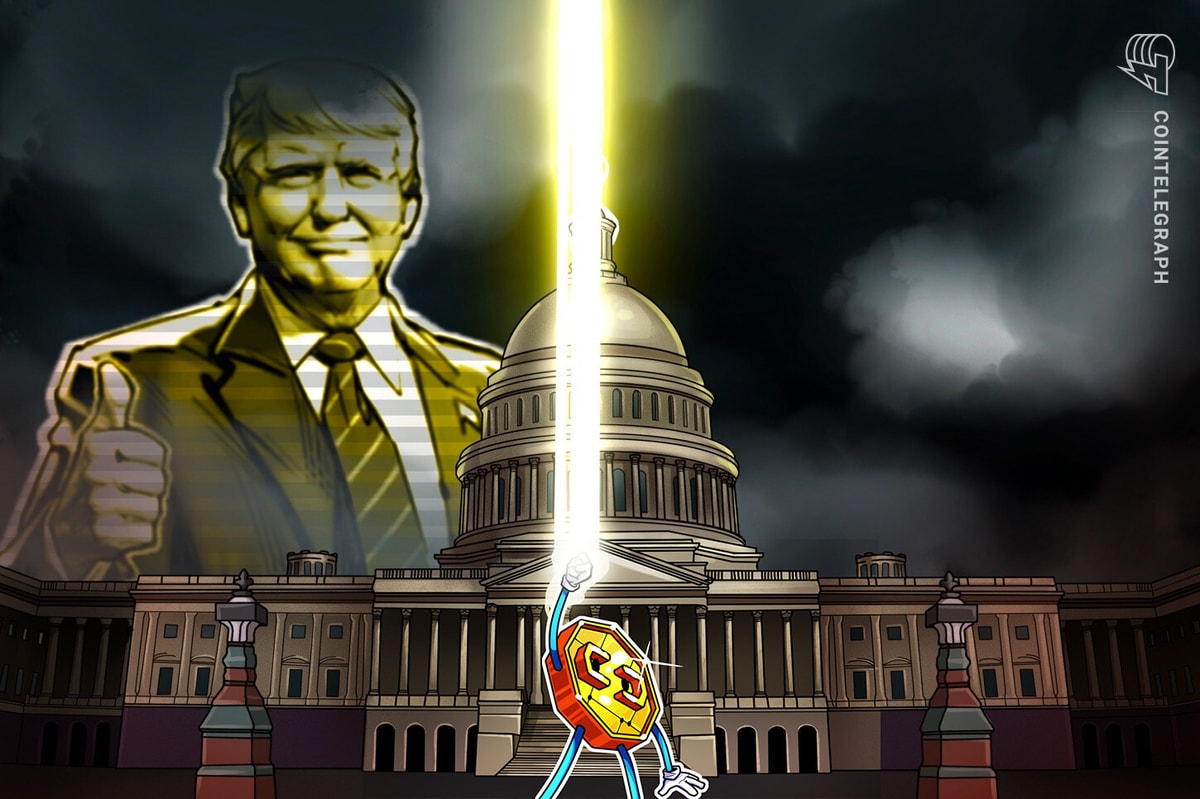Speaker Mike Johnson and Trump’s Controversial Memecoin Dinner
US House Speaker Mike Johnson recently found himself in the eye of a political storm concerning a dinner held by former President Donald Trump for top holders of his newly launched memecoin. During an interview with CNN’s Jake Tapper on May 25, Johnson’s evasive responses raised eyebrows, especially in light of the serious corruption allegations floating around the event.
Lack of Transparency Raises Concerns
The dinner, attended by several high-profile figures in the crypto industry, has sparked significant scrutiny. Johnson, when pressed by Tapper, stated that he was unaware of the specific details or attendee list from the May 22 event. He notably sidestepped the question of whether releasing the list would promote transparency. Tapper countered this with a poignant reminder of how the reaction would differ had a Democratic president been involved in similar circumstances.
“We do not know who was there. The list has not been released. We do not know how much of the money came from outside the country,” Tapper pointed out, underlining the call for accountability that many Democrats are making.
Johnson’s Defense of Trump
Johnson’s defense of Trump included a surprisingly strong assertion that the former president is “the most transparent president” in US history, further claiming he “has nothing to hide.” This declaration contrasts sharply with the demands for investigation into the dinner and raises questions about the potential influence of foreign investments in Trump’s ventures—a violation of both federal bribery statutes and the Constitution’s foreign emoluments clause.
Under this constitutional clause, the president is prohibited from accepting gifts from foreign entities without Congressional approval. Bloomberg’s previous reporting hinted that a significant portion of the dinner’s attendees were likely foreign nationals, which only intensifies the urgency of these concerns.
Notable Attendees and Allegations
Among the guests at Trump’s memecoin dinner was Justin Sun, the Chinese-born CEO of Tron and a prominent figure in cryptocurrency. As the largest holder of the Official Trump (TRUMP) memecoin, Sun is believed to wield considerable influence in this emerging market. Other notable attendees included Sheldon Xia, the CEO of the Cayman Islands-based crypto exchange BitMart, and Kain Warwick, an Australian crypto entrepreneur who made headlines for his investments in the TRUMP token.
Democrats and critics alike argue that the nature of this event suggests a dangerous mingling of politics and cryptocurrency, with allegations that Trump could be profiting from foreign investments while in office.
Rising Political Pressure
The dinner’s ramifications extend beyond just the event itself. Following the gathering, a group of House Democrats, led by Maxine Waters, introduced the "Stop TRUMP in Crypto Act" aimed at barring Trump and his family from profiting off their cryptocurrency ventures while he remains a public servant. Waters expressed deep concerns over Trump’s use of his presidency to advance and profit from multiple crypto projects, including the TRUMP memecoin, which she claims has significantly boosted his net worth by over $350 million.
This legislative push has garnered backing from an additional 14 lawmakers, signifying a growing movement to scrutinize the former president’s financial dealings.
The Role of Prominent Democratic Voices
Voices from within the Democratic Party have become increasingly loud in their condemnation of Trump’s dinner and broader crypto ties. Senator Elizabeth Warren, a fierce critic of cryptocurrency, referred to the dinner as an “orgy of corruption,” strongly advocating for transparency and ethical standards amongst public officials. The collective calls for accountability reflect a significant concern over the intertwining of cryptocurrency with political power, especially in an era where financial technology is rapidly evolving.
In summation, the unfolding narrative surrounding Speaker Mike Johnson’s dismissal of corruption inquiries, alongside Trump’s controversial memecoin dinner, showcases a pivotal moment in American politics where financial dealings and ethical questions converge in the digital age. As calls for transparency grow louder, the implications for the former president, his associates, and the broader political landscape remain significant.


